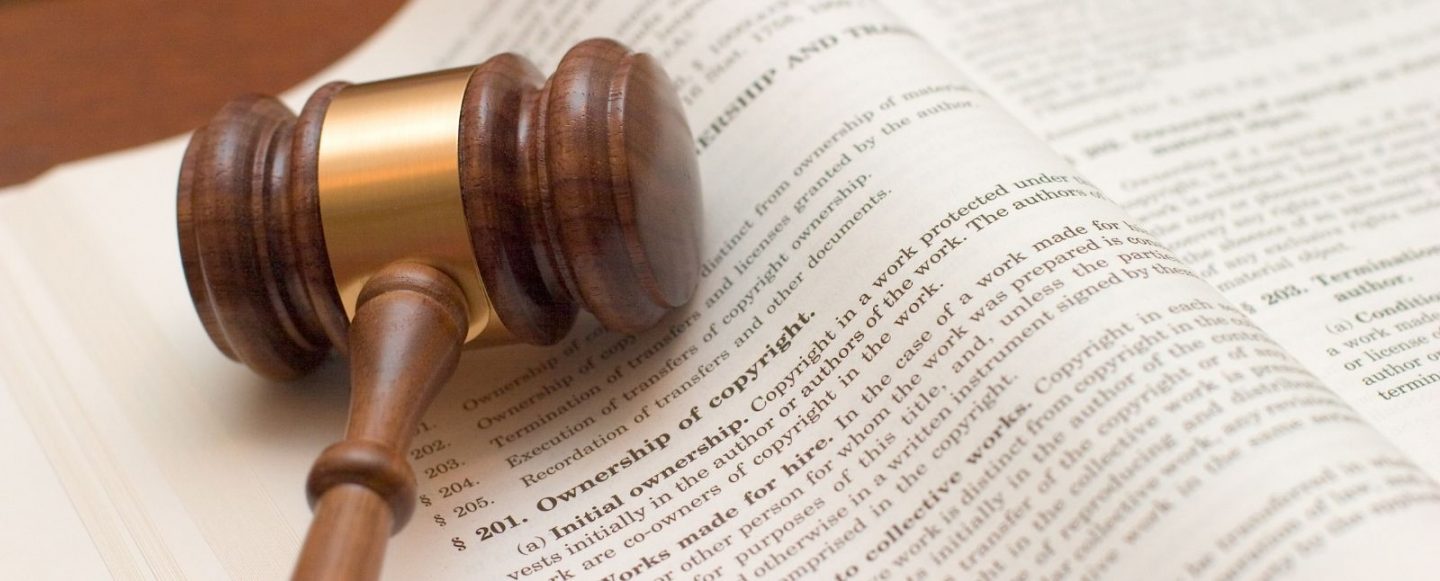Reproducing development application plans and documents — get it copyright
1 July 2019
Copyright law often causes considerable concern for councils in the administration of planning, building and other development matters, sometimes unnecessarily. In this LG Alert, we summarise the application of copyright to provide clarity and practical guidance to councils in their administration of the Development Act 1993.
Copyright exists by virtue of the Commonwealth Copyright Act 1968. It is a mechanism by which people can protect their ability to draw an income from written, artistic, musical and other “works” that they create by ensuring that works cannot be lawfully reproduced in the absence of the prior permission of the copyright owner or another entitlement.
In the context of the Development Act, plans, drawings and expert reports are documents which constitute works for the purposes of the Copyright Act.
Copyright infringement occurs whenever a work is reproduced unlawfully and, where a person “authorises” an infringement by a third party. The former occurs when a work is physically reproduced. The latter can occur when a person reproduces a work and a third party then uses the reproduction unlawfully. In the context of the Development Act, this could occur when a plan is reproduced by the Council and a third party then further reproduces the plan or uses the design in the plans without the permission of the copyright owner.
Where works are not lawfully reproduced, the owner of the work can commence legal proceedings to recover damages for the financial loss suffered as a result of the infringement as well as, where relevant, how serious the infringement was in the circumstances (see Phonographic Performance Company of Australia Ltd & Ors v Catch Pty Ltd & Ors [2013] FCCA 931).
The risk posed by copyright infringement can, therefore, vary between small financial amounts for simply reproducing documents through to large amounts if, for instance, a unique architectural design is copied and incorporated into a building or building design without permission.
It is, therefore, important for councils to understand when copyright works can and cannot lawfully be reproduced and appropriate risk mitigation measures which can be adopted in circumstances where infringement is a risk.
In circumstances where reproduction of a copyright work is a necessity, an implied licence allowing the reproduction to occur lawfully will arise. Under the Development Act, an implied licence arguably arises where a reproduction occurs:
- for the purposes of scanning a physical development application into an electronic records management system;
- to provide development application documents to Assessment Panel members as part of an agenda;
- for the purposes of internal staff meetings or where required for a council meeting (keeping in mind the prohibition on councils determining applications for Development Plan consent pursuant to sections 34(23) and 34(24) of the Development Act);
- to provide a copy of a development application to a representor during a Category 2 or Category 3 public notification period pursuant to regulation 34(2) of the Development Regulations 2008;
- to provide a copy of approved plans and details to an applicant, to the ERD Court in a Book of Documents or to an oversight body;
- to provide development application documents on an Assessment Panel agenda to applicants and representors ahead of a meeting.
Circumstances where an implied licence is unlikely to arise, but where the risk of copyright infringement can be mitigated, include:
- provision of development application documents to members of the public outside of public notification period It is only regulation 34(2) which mandates that councils must provide such documents and this regulation only applies within a public notification period;
- publication of development application documents on council websites whether attached to an Assessment Panel agenda or otherwise. Regulation 14(3) of the Planning, Development and Infrastructure (General) Regulations 2017 only mandates that members of the public be provided with “reasonable access” to the “agendas” for meetings of an Assessment Panel. Publication of reports and attachments to agendas is not required, nor is website publication (see by way of contrast sections 84(1) and 84(5) of the Local Government Act 1999);
- provision of documents for approved building work under regulation 101 of the Development Regulatio Regulation 101(5)(b) expressly states that a council is not required to provide a copy of such a document to a person if to do so would involve an infringement of copyright.
Many councils recognise and strive to fulfil the expectations of its community, representors and land owners concerning access to development application information. In these circumstances, risk mitigation measures can be considered, including the following:
- ensuring that development application documents uploaded to websites are:
- print-disabled; and/or
- right-click disabled; and/or
- uploaded in resolutions which are high enough to be read and be understood but not high enough to be used for construction purposes;
- when documents requested by a person who is not the applicant for the relevant development approval under regulation 101 of the Development Regulations, that:
- reasons why a copy is required by that person are obtained and recorded; and/or
- the person be asked to approach the copyright owner to obtain their permission for a copy to be made with consideration given to when the copyright owner no longer exists or cannot be found; and/or
- the person be allowed to inspect the documents and to take photographs of them.
It is possible that many copyright issues may be resolved when the Planning, Development and Infrastructure Act 2016 and its mandated SA Planning Portal are fully implemented.
Until then however, councils must consider when and how implied licences of necessity arise and how best to balance copyright obligations with the expectations of their community.
If you would like any further information or clarification about the relationship between documents retained by councils under the Development Act 1993 and copyright, please contact Victoria Shute on (08) 8113 7104 or vshute@kelledyjones.com.au.

